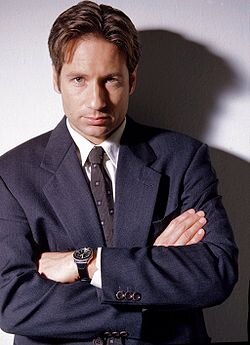Burnt State
Paranormal Adept
I know this will be problematic as I could not include the entire list I started with which was simply too many options for the poll selection which has a limit of ten. Trying to balance critical history with popularity & contemporary figures, and keep my own biases out of it, wasn't an easy proposition. I also wanted to include names that would not normally be in my own top ten i.e. alien abduction figures. Needless to say, many popular figures had to be selected out of the list with the following big names, for various reasons, left on the cutting room floor:
Aimé Michel
Mac Tonnies
Nick Redfern
Brad Steiger
Richard Hall
Donald Keyhoe
John Mack
Edward J. Ruppelt
Peter Sturrock
Whitley Strieber
Please feel free to stick it to me for excluding the above, or others, and say why - it's part of the purpose of the thread. So who do you feel is the most important ufologist whose contributions are superlative to the field and why you think so?
Aimé Michel
Mac Tonnies
Nick Redfern
Brad Steiger
Richard Hall
Donald Keyhoe
John Mack
Edward J. Ruppelt
Peter Sturrock
Whitley Strieber
Please feel free to stick it to me for excluding the above, or others, and say why - it's part of the purpose of the thread. So who do you feel is the most important ufologist whose contributions are superlative to the field and why you think so?

 Yes, those are in fact Keelian blinders I'm wearing there.
Yes, those are in fact Keelian blinders I'm wearing there.

